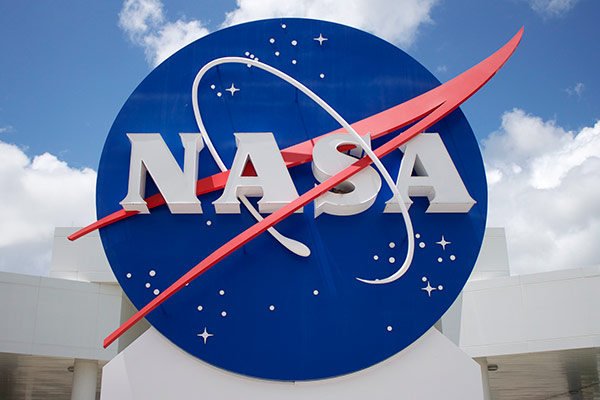Google And NASA Get 1000 Qubit Quantum Computer Upgrade

Upgraded processor for Google and NASA’s AI lab will help solve problems found in web search and speech recognition
Google is set to upgrade its quantum computer capabilities from 512 qubits to more than 1000 qubits to help itself and NASA solve complex problems for the next seven years.
Google and NASA’s quantum computer, known the Quantum Artificial Intelligence Lab (QuAIL), is being installed with a hardware upgrade from D-Wave, a Canadian company responsible for the quantum processor.
D-Wave said it will supply Google and NASA with regular upgrades to the system, keeping it state of the art for the foreseeable future.
Annealing
The machine uses a process called quantum annealing to solve incredibly complex problems. In a statement, Hartmut Neven, Google’s head of the Quantum AI Lab, said: “Working with the D-Wave processors has helped us develop and fine-tune models of quantum annealing.
“We look forward to the continued advancements coming from each generation of D-Wave systems,” he said.
The new D-Wave 2X System, which bumps machine up to 1097 qubits, will be installed at NASA’s Ames Research Center in Mountain View, California.
 “The new agreement is the largest order in D-Wave’s history, and indicative of the importance of quantum computing in its evolution toward solving problems that are difficult for even the largest supercomputers,” said D-Wave CEO Vern Brownell.
“The new agreement is the largest order in D-Wave’s history, and indicative of the importance of quantum computing in its evolution toward solving problems that are difficult for even the largest supercomputers,” said D-Wave CEO Vern Brownell.
Since 2013, when the previous generation 500-qubit D-Wave Two system was installed at NASA Ames, scientists at Google and NASA have been using it to explore the potential for quantum computing and its applicability to a broad range of problems such as web search, speech recognition, planning and scheduling, air-traffic management, robotic missions to other planets, and support operations in mission control centres.
The Universities Space Research Association (USRA) is also part of the collaboration. The organisation’s director, David Bell, said that the upgrade will allow the university community to access the most cutting edge area of computing research today.